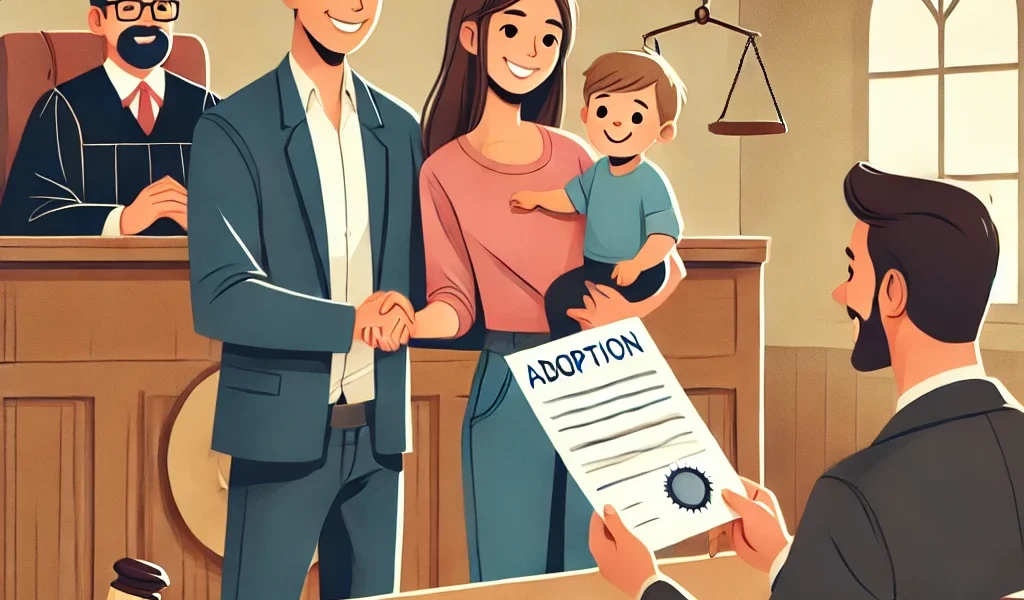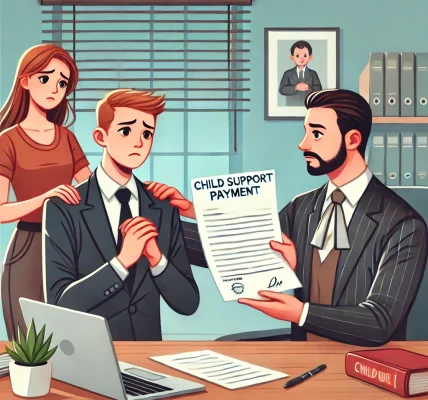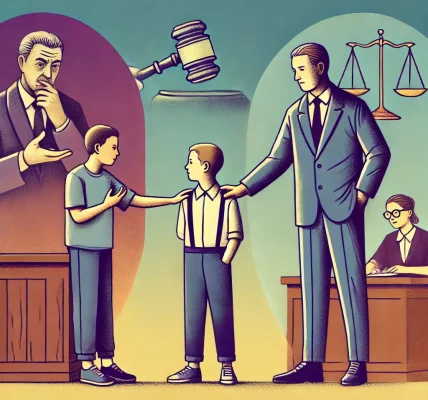Adoption is a life-changing event for both the child and the adoptive parents. However, the legal framework surrounding adoption can be complex, as it varies from country to country and even from state to state. Understanding the legal process for domestic and international adoptions is crucial for prospective parents to ensure a smooth transition. This guide will explore the legal aspects, requirements, and procedures for both types of adoptions while remaining legally compliant and avoiding potential legal issues.
Understanding Adoption Laws
Adoption laws are designed to protect the rights of all parties involved: the child, the biological parents, and the adoptive parents. The laws ensure that the child’s best interests are prioritized while making the adoption process transparent and legally binding.
Domestic Adoption
Domestic adoption refers to the adoption of a child within the same country. The legal process typically involves the following steps:
1. Deciding on the Type of Adoption
- Agency Adoption: Handled through a licensed adoption agency.
- Independent Adoption: Arranged directly between birth parents and adoptive parents with the assistance of an attorney.
- Foster Care Adoption: Involves adopting a child from the foster care system.
2. Meeting Eligibility Requirements
- Age and residency requirements vary by jurisdiction.
- Background checks, home studies, and financial stability assessments.
- In some cases, marital status or length of marriage may be a factor.
3. Home Study Process
- Conducted by a licensed social worker.
- Evaluates home environment, financial stability, and parenting readiness.
- Includes interviews, background checks, and references.
4. Termination of Parental Rights
- The birth parents must voluntarily relinquish their parental rights or have them terminated by a court due to abandonment, neglect, or abuse.
- A court hearing ensures the child is legally free for adoption.
5. Legal Finalization of Adoption
- A court hearing is held where a judge reviews the case.
- If approved, the adoption decree is issued, granting full parental rights to the adoptive parents.
- The child receives a new birth certificate listing the adoptive parents as legal parents.
International Adoption
International adoption involves adopting a child from another country and bringing them to the adoptive parents’ home country. It requires compliance with both the sending and receiving countries’ laws, as well as international treaties like the Hague Adoption Convention.
1. Understanding the Hague Adoption Convention
- A treaty that ensures ethical and transparent adoption processes.
- Protects children from abduction, trafficking, and exploitation.
- Countries that are members follow a standardized process to safeguard adoptive children’s welfare.
2. Eligibility Requirements
- Prospective parents must meet both their home country’s and the child’s country of origin’s adoption requirements.
- Age, marital status, financial stability, and criminal background checks apply.
3. Selecting an Adoption Agency
- Parents must work with a Hague-accredited adoption agency to facilitate the adoption process.
4. Immigration and Visa Process
- Adoptive parents must apply for the child’s visa and legal guardianship.
- U.S. adoptive parents typically apply for an IR-3 or IR-4 visa through the U.S. Citizenship and Immigration Services (USCIS).
5. Home Study and Approval
- Similar to domestic adoption, a home study is required.
- The adoption agency assesses the adoptive parents’ ability to provide a safe and loving environment.
6. Travel and Legal Finalization
- Parents may need to travel to the child’s country of origin for legal proceedings.
- Some countries require a waiting period before finalizing the adoption.
- Once the legal process is completed, the child is granted citizenship in the adoptive parents’ country.
Legal Considerations for Adoption
1. Rights of Biological Parents
- Birth parents may have legal rights even after the adoption process begins.
- Some jurisdictions allow a revocation period where birth parents can change their decision.
2. Post-Adoption Legal Responsibilities
- The adoption decree is legally binding and grants full parental rights.
- Some international adoptions require periodic reports on the child’s well-being.
3. Ensuring Legal Compliance
- Working with licensed adoption attorneys and agencies.
- Adhering to both domestic and international adoption laws.
- Ensuring all paperwork is accurately completed and filed.
Conclusion
Adoption is a deeply rewarding journey that requires a thorough understanding of the legal process. Whether adopting domestically or internationally, prospective parents must comply with legal requirements, ensure transparency, and prioritize the child’s best interests. By working with reputable adoption agencies and legal professionals, parents can navigate the complexities of adoption while avoiding legal complications. If considering adoption, seeking legal counsel and researching the latest adoption laws in your jurisdiction will ensure a smooth and successful adoption experience.




